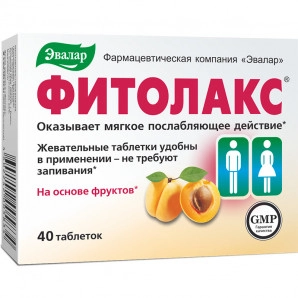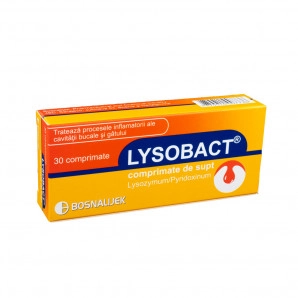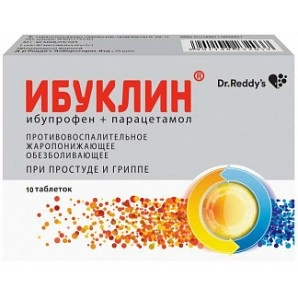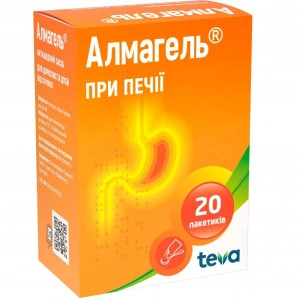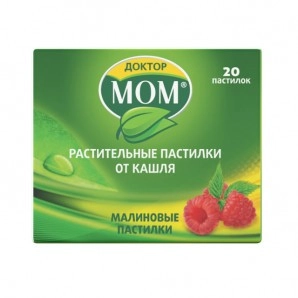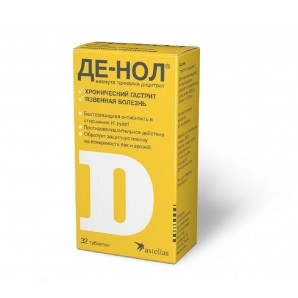-
OTC
- Allergy
- Antiparasitic Agents
- Painkillers and Antispasmodics
- Venotonics
- Dermatological Agents
- Gastrointestinal Tract
- Immunomodulators
- Infectious and Inflammatory
- Weight Control, Weight Loss
- Neurological Agents
- Ophthalmic Preparations
- Cardiovascular Diseases
- Sleep Aids
- Cold and Flu Remedies
- Thyroid Disorders
- Diabetes Treatments
- Urological Agents
- Sedatives
- Ear Drops
- Vitamins and Minerals
- Men's Health
- Women's Health
- Laxatives
- Liver Disease Treatments
- Hemorrhoid Treatments
- Nasal Drops and Sprays
- Antiseptic
- Bruises and Contusions
- Antifungal Agents
- Blood Pressure Medications
- Joint Pain
- Oils
- Dry Herbs & Berries
- Ointments
- Herbal Teas
- Tinctures
- Syrups
- Beauty
This information is for general purposes only and should not be considered as medical advice. Always consult with a qualified healthcare professional for any medical concerns or questions you may have.
Smecta Powder for Oral Suspension: Relieving Digestive Discomfort
Smecta is a powdered oral suspension that is commonly used to alleviate various digestive discomforts. It contains diosmectite, a natural clay that has adsorptive properties, meaning it can bind to harmful substances in the digestive tract.
How Smecta Works
Diosmectite in Smecta works by forming a protective layer on the mucous membrane of the digestive tract. This layer can help prevent irritation, absorb excess fluid, and bind to toxins or pathogens, ultimately aiding in the relief of symptoms like diarrhea and abdominal pain.
Indications and Uses
Smecta is commonly used for:
- Diarrhea: It can help reduce the frequency and severity of diarrhea episodes.
- Acute Gastroenteritis: Smecta may be used to manage symptoms of acute gastroenteritis.
- Functional Digestive Disorders: It may provide relief from symptoms like bloating, abdominal discomfort, and flatulence.
Administration and Dosage
The dosage of Smecta varies based on age and the severity of symptoms. It is usually taken orally by suspending the powder in water or another liquid, as directed by a healthcare professional.
Possible Side Effects
Smecta is generally well-tolerated. However, in rare cases, it may lead to constipation. It's important to follow recommended dosages and consult a healthcare provider if you experience any unusual effects.
Precautions and Interactions
Consider the following:
- Medical Conditions: Inform your healthcare provider of any underlying medical conditions before using Smecta.
- Other Medications: Consult your healthcare provider if you are taking other medications to avoid potential interactions.
Conclusion
Smecta powder for oral suspension is a commonly used remedy for various digestive discomforts. Its adsorptive properties make it effective in managing symptoms like diarrhea and abdominal pain. However, it's essential to use it as directed and consult a healthcare provider if you have any concerns.
Note: This article is for informational purposes only and should not be considered medical advice.
Additional Information
| SKU | st-1469 |
|---|---|
| Brand | No |
| Size | No |
| Manufacturer | No |
- Be the first to review this product
Write Your Own Review
Products on sale
Regular Price: $38.99
Special Price $29.99
Regular Price: $12.99
Special Price $8.99
Regular Price: $21.99
Special Price $17.99
Regular Price: $14.99
Special Price $11.99
Regular Price: $33.99
Special Price $24.99
Regular Price: $4.99
Special Price $2.50
Regular Price: $14.99
Special Price $11.99
Regular Price: $17.99
Special Price $10.99
Regular Price: $20.99
Special Price $17.99
Also Purchased











